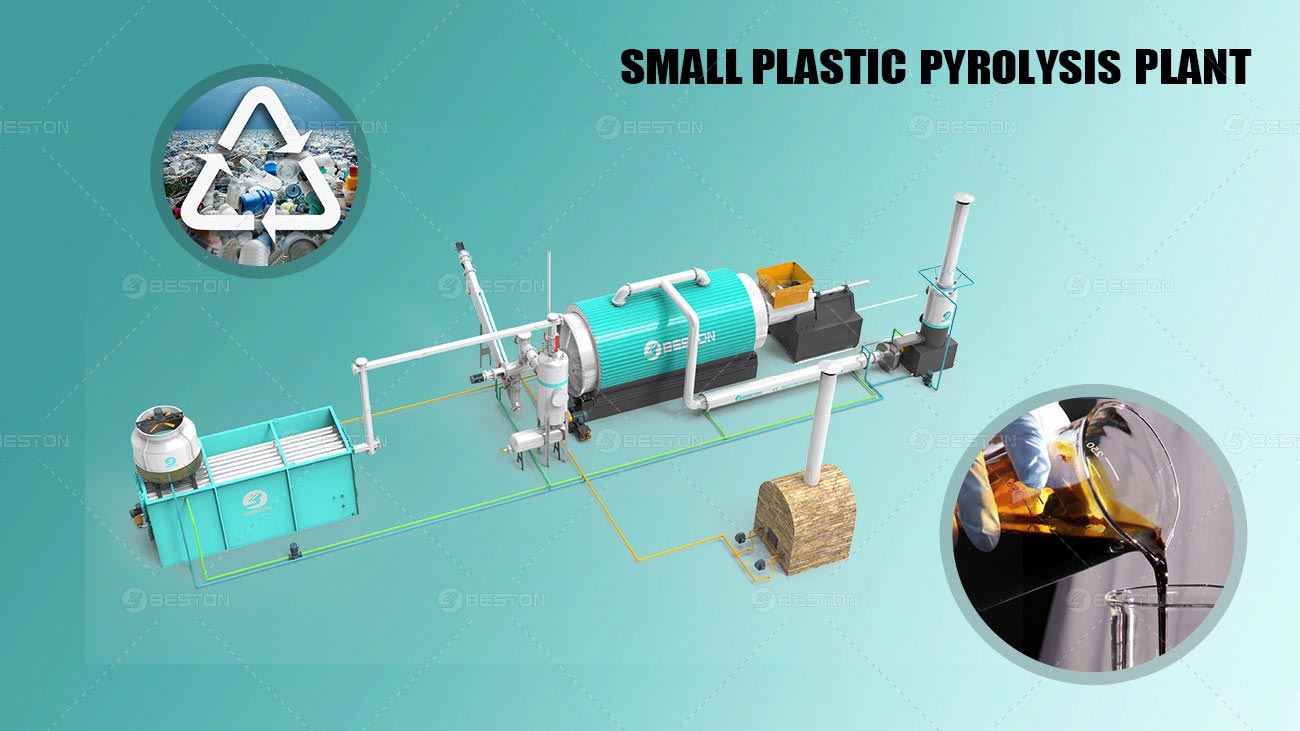Pyrolysis is a thermochemical decomposition process that transforms organic material into useful products like fuel, carbon, and oil. This innovative technology operates in the absence of oxygen, enabling the breakdown of complex compounds into simpler substances. Pyrolysis offers a sustainable solution for waste management, especially in treating materials like oil sludge.
The Importance of Oil Sludge Treatment Plants
Oil sludge, a byproduct of oil extraction and refining, poses significant environmental challenges. Traditional disposal methods often lead to soil and water contamination. This is where oil sludge treatment plants come into play. These facilities utilize pyrolysis technology to convert hazardous oil sludge into valuable products, including:
- High-quality oil
- Carbon black
- Syngas (synthetic gas)
By implementing pyrolysis in oil sludge treatment plants, industries can not only mitigate environmental impacts but also recover valuable resources, promoting a circular economy.
The Role of Pyrolysis Units
A pyrolysis unit is a crucial component in the waste-to-energy conversion process. These units are designed to handle various feedstocks, including plastic waste, biomass, and oil sludge. The pyrolysis unit operates by heating the feedstock in a controlled environment, breaking it down into different components.
With advancements in technology, modern pyrolysis units are more efficient, capable of maximizing resource recovery while minimizing emissions. This efficiency is vital in addressing the growing waste management crisis globally.
Small Pyrolysis Units: A Game Changer
While large-scale pyrolysis plants are essential for industrial waste management, small pyrolysis units are gaining popularity among small businesses and communities. These compact units offer a range of benefits:
- Cost-Effectiveness: Smaller units require lower initial investment and operational costs.
- Flexibility: They can be easily integrated into various settings, allowing localized waste processing.
- Environmental Impact: Small pyrolysis units help reduce landfill waste and lower carbon footprints on a community level.
By investing in small pyrolysis units, communities can take charge of their waste management while generating clean energy and valuable byproducts.

Conclusion
Pyrolysis technology is transforming waste management, particularly through the use of oil sludge treatment plants and the development of small pyrolysis units. As we strive for a more sustainable future, embracing pyrolysis can significantly reduce environmental pollution while recovering valuable resources. Whether at an industrial scale or in local communities, the potential of pyrolysis is limitless. Visit Beston Group for more.